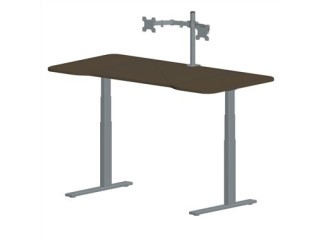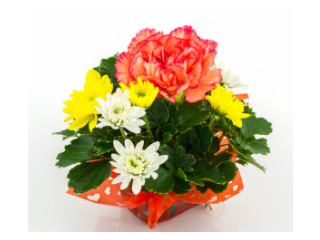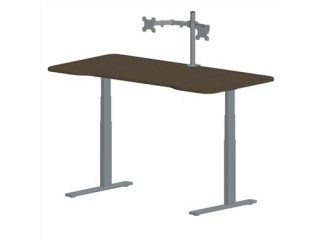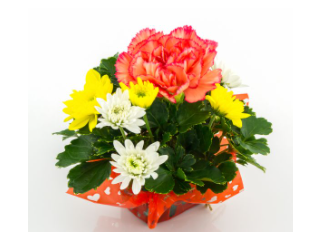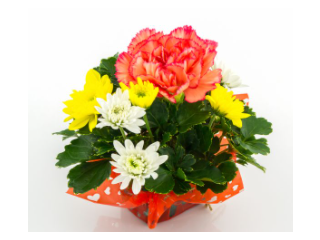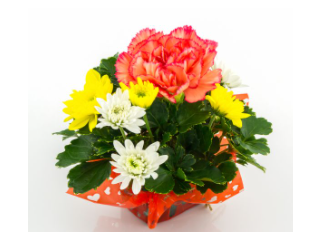Do Vacuum Seal Storage Bags Ruin Clothes? Aziendale
2 years ago Industriale Bari 288 Visto Reference: 134Location: Bari
Prezzo: Contattaci
There seem to be as many myths as there are facts about your best options for packing clothes long-term. Vacuum storage bags are no exception to this and they endure an interesting reputation for the place they hold in the world of closet organization and design. Let’s explore all those details and nuances so we can get to the facts at the heart of the matter: do vacuum seal bags ruin clothes?
What Are Vacuum Storage Bags?
Surprisingly, this question holds more philosophical weight than you’d think for what appears to be a pretty straightforward topic. Is it still a Vacuum Shrink Bag if all you did was stuff your things in a garbage bag and hoovered out the air? Well - technically, it fits the definition, but you definitely don’t want to try this hack if you actually care about protecting your clothes!
Proper vacuum-seal storage bags for clothes should be made of a material substantially more durable than the kind of trash bag you pick up while shopping. This is a slightly thicker, sturdier type of plastic in most cases, but you might find that less expensive brands aren’t offering much of an improvement on that trash bag hack.
Storage bags that do have a valve for use with a vacuum machine will feature a special zippered opening that allows you to fill the bag up with your garments. Either style can be found in a variety of sizes, but you’re more likely to find extra-large sizes in those with valves compared to roll-up style storage bags.
Why Use Vacuum Storage Bags?
When Dairy Products Vacuum Shrink Bags first showed up on the market, you can imagine they might be a pretty big hit. It’s hard to argue against the benefit of shrinking the space bulky clothes and linens took up all while protecting them from the elements. And, vacuum storage bags deliver on their promises more often than not. After all, using a household garbage bag may not be a great idea, but it’s an idea that still works - it’s not exactly rocket science, right?
The problems that come with using vacuum storage bags have to do with why people think they should be using them, and what they’re actually effective at doing. Here’s the thing - yes, sucking out all the air from around a bundle of clothing does shrink how much space they take up. And yes, a durable, completely sealed plastic covering absolutely protects textiles from external sources of damage.
For processors of goods such as meat, cheese, vegetables and bakery products, Thermoforming Film packaging is commonplace, and for good reason. This format provides a high level of protection for the products within, drastically increasing shelf life potential and delivering great product visibility on-shelf to attract consumers.
While these benefits are far-reaching in terms of the supply chain, and indeed a critical element of customer satisfaction, processors must always have a keen focus on the efficiency of the production line and how best to optimize throughput in a way that never compromises on safety – both for staff and consumers – and quality. It is about investing in systems that deliver results in terms of productivity and efficiency, as only then can the total cost of ownership feed into an attractive return on investment.
Producers of thermoforming equipment have a deep understanding of the technology and its limitations, but do they understand the pain points their customers are facing in day-to-day operations? Well, maybe, maybe not. The only way to fully get to grips with what advances are needed is to engage and collaborate with the very people that use the technology on a daily basis. Only then can true progress be made with the next-generation systems.
Improved packaging quality
The packaging itself is, of course, at the heart of the thermoforming process and the quality of that packaging is fundamental to ensuring the finished product appeals to consumers as it should. Having asked a series of open questions to those using thermoforming systems, a number of challenges in this area were identified. Issues such as wrinkles, non-optimal Functional Film positioning and seal seam problems still leave room for improvement. These primarily stem from uneven and uncontrolled film tension, the non-optimal positioning of the top web in relation to the bottom and high forces applied during sealing.
One of the solutions here is to motorize the unwinding systems for both the top and bottom films and to synchronize them with the machine’s advancing cycle. In combination with an advanced web tensioning system, it is possible to facilitate controlled unwinding and to simplify and secure the film path. For top and bottom films, some systems allow adjustments to the transverse position during operation. The axial position of the films, when automatically monitored and regulated, can substantially improve sealing seam quality. Overall, forces applied to the sealing seam can be reduced by up to 75% when compared to traditional dancer systems in this instance, enabling processors to use more cost-effective, thinner film types that reduce material use.


